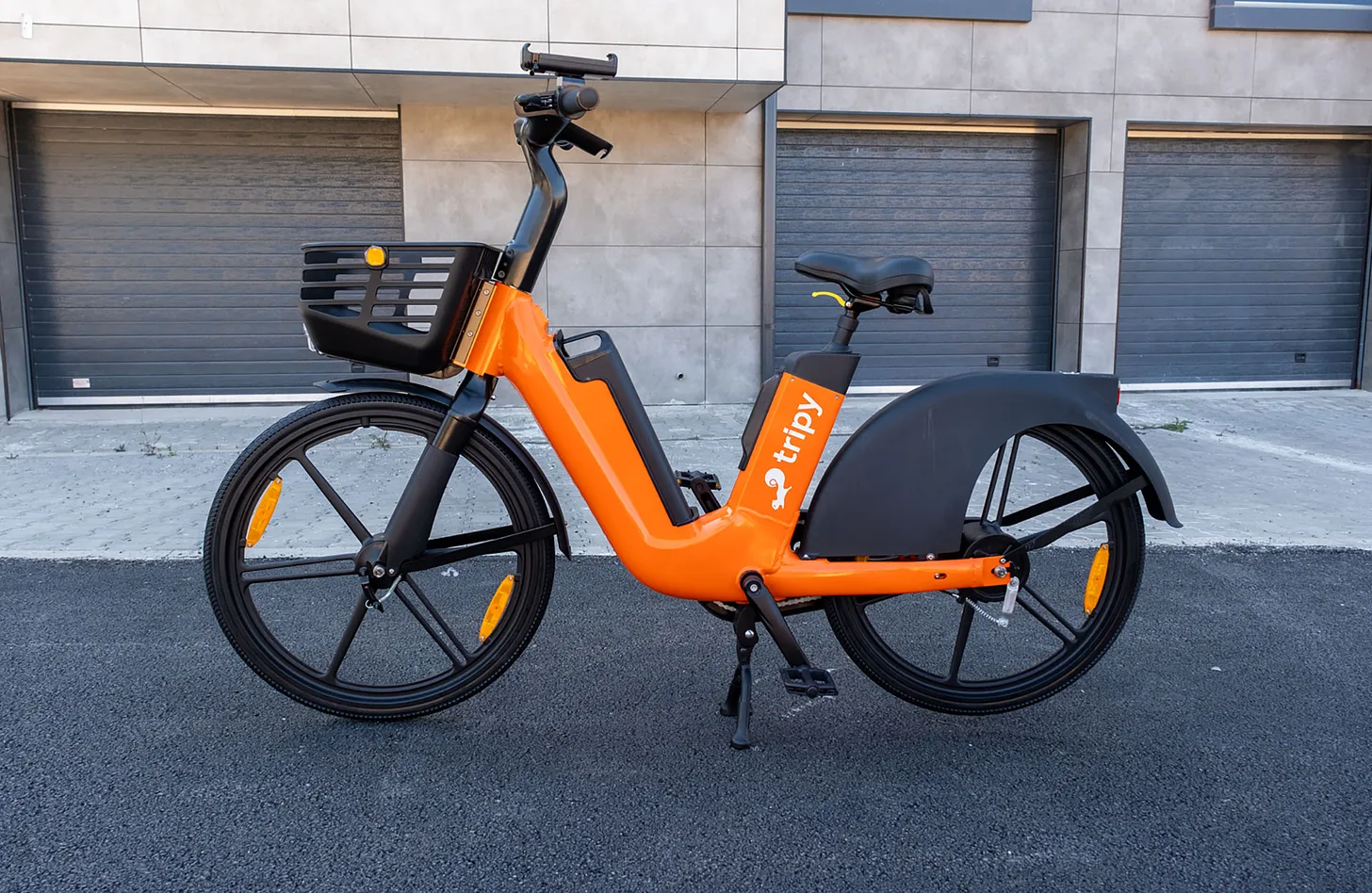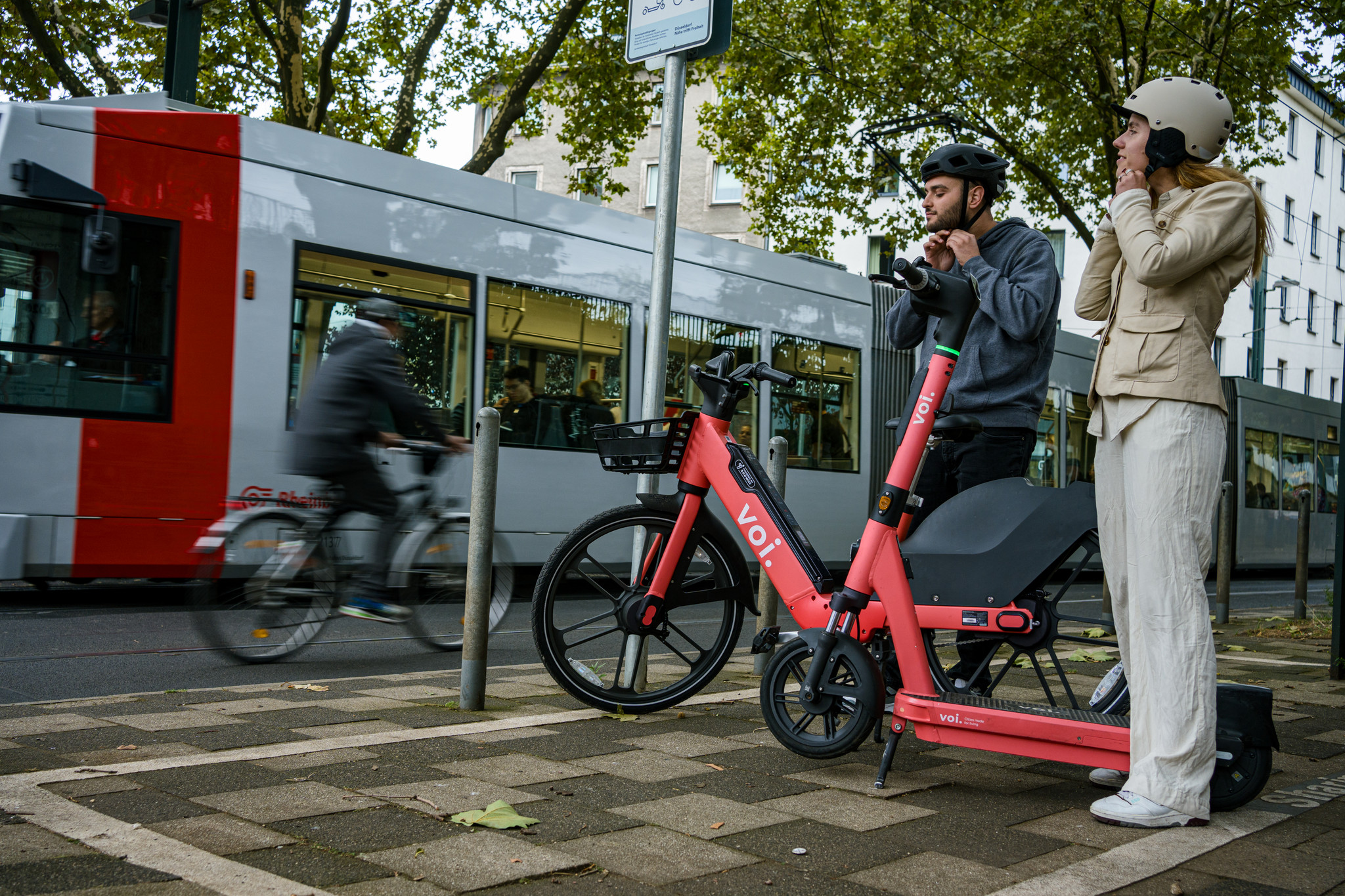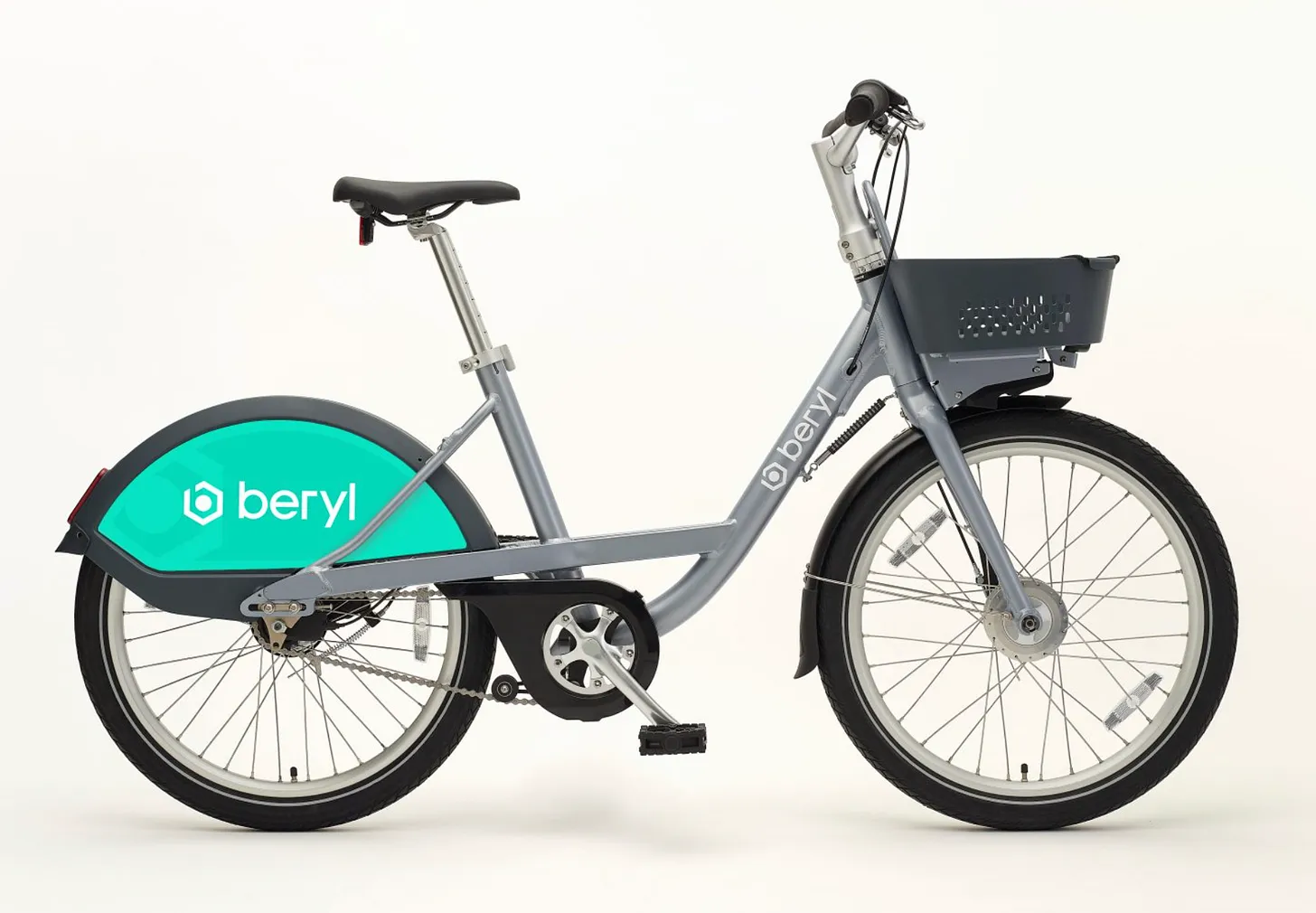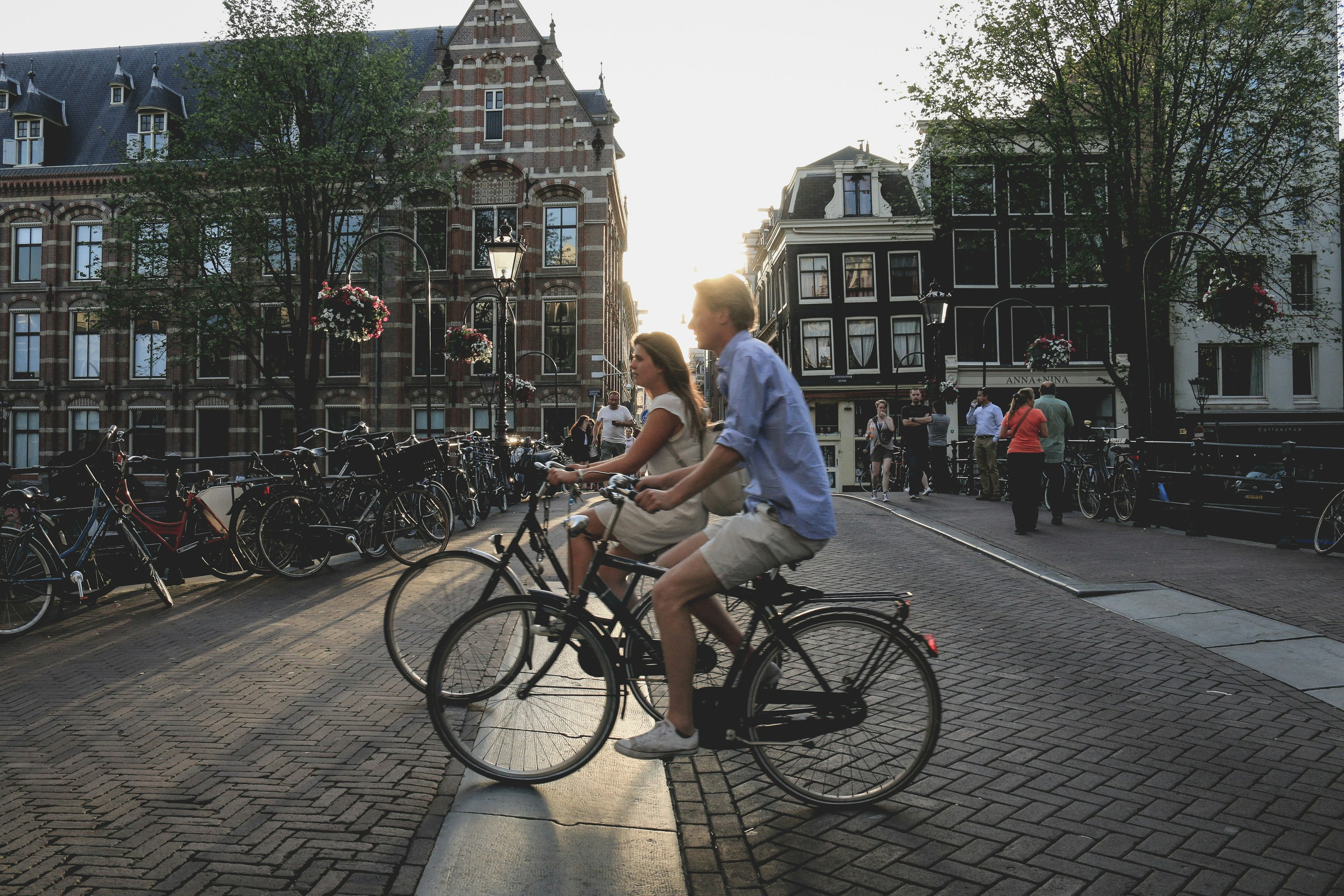What You Need to Know Today
Serial 1, the ebike brand originally started by Harley-Davidson, has been bought by LEV Manufacturing. The company will be relocated to Florida and focus on establishing domestic manufacturing, a move it says will lead to lower pricing.

As a result of pressure from insurance companies and fear of fires, New York City landlords are cracking down on ebikes in their buildings leaving some residents with no storage options.
New York isn’t the only place grappling with ebike safety standards. India is currently drafting requirements for electric power-assisted cycles in response to the rapidly growing market.
Speaking of India, Bengaluru-based ebike startup EMotorad raised $20M in its Series B funding round, which will support the company as it contends with Chinese manufacturers who currently dominate ebike production. “Almost 99% of the world procures ebikes from China, and that is what we want to change. It’s a $40 billion industry internationally. And we are trying to make a dent in that.”

HumanForest, the parent company of British ebike operator Forest, just raised a £5.7M($7.2M) extension to its Series A round, with an eye toward expansion in Europe.
VanMoof is getting back on its feet. The Dutch company’s new owner, Mclaren-backed Lavoie, is working to make servicing easier and says ebike sales will recommence “soon.”
This innovative new mobility concept from Canada’s Envo is wickedly cool. The Utility Personal Transporter (UPT) is a first-of-its-kind, customizable vehicle platform that can adapt to any situation from search and rescue, to a personal micro car, to an ATV.
Never underestimate the power of a free trial. A group of Polish cities, which collectively have about 700,000 inhabitants, added 138,000 new bikeshare users in less than two months after they began giving out rides for free this fall. “The trial was fantastic for user onboarding and we’re hoping that at least 100,000 of our new users stay with us.”
Unu, a Berlin-based manufacturer of stylish electric mopeds, has declared bankruptcy, citing higher costs and decreased demand due to inflation.
In 2022, 401 cities in North America had shared micromobility options, but only 30% had both scooters and bikes (36% had scooter-share only and 34% had bike-share only). In total, these tiny rentables offset approximately 74 million pounds of CO2 (34M kg) by replacing auto trips.

Twitter | YouTube | LinkedIn | Instagram | Blog | Podcast

.svg)
%2Bcopy.jpeg)


.svg)












